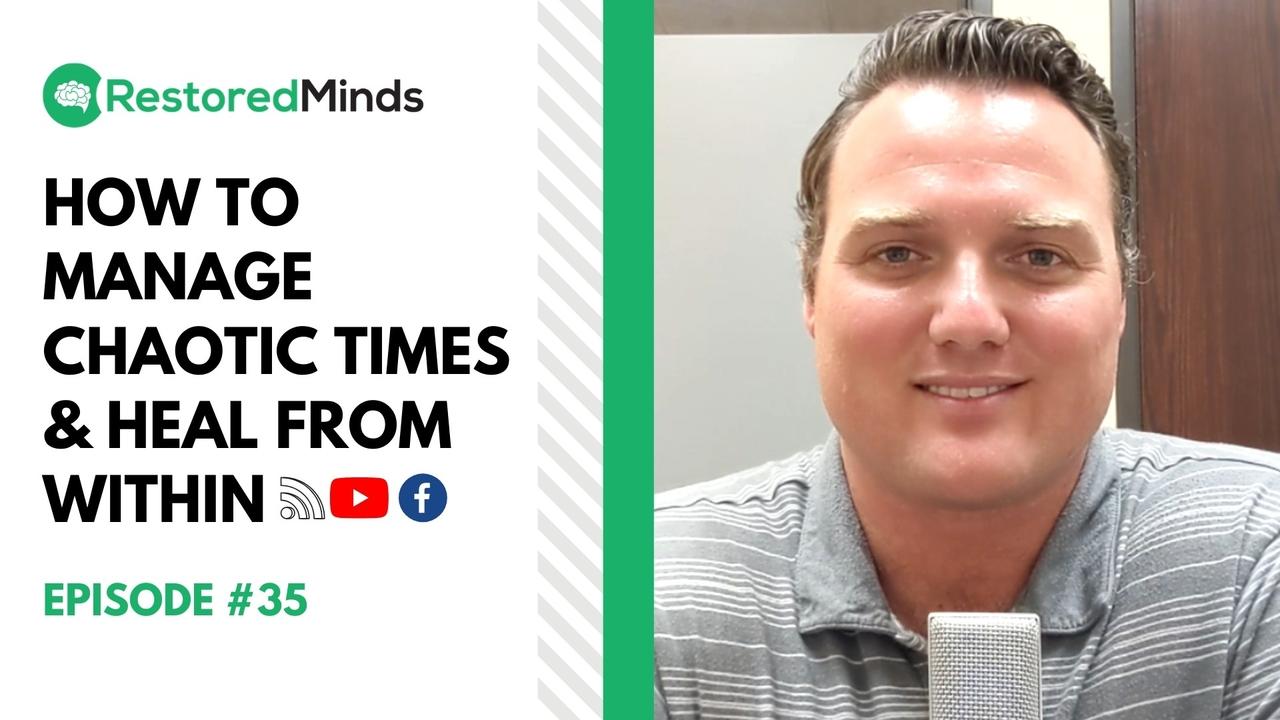How to Manage Chaotic Times & Heal From Within
Jun 17, 2020
Focus on What You Can Control
One of the key points Matt makes is the importance of focusing on what is within your control. Trying to change things outside your control often leads to feelings of powerlessness and frustration. On the flip side, focusing inward allows for actionable steps and measurable progress.
Personal Relationships Are a Mirror
Relationships can be a tremendous mirror, reflecting areas in yourself that may need improvement. Matt shares an anecdote about feeling impatient in a personal situation, highlighting how being in close relationships can bring out flaws that need addressing.
Asking Yourself Important Questions
To start your journey of inner work, Matt offers three crucial questions:
-
Who are you?
This question challenges you to look beyond superficial identities and dig deeper into your true self.
-
Are you being true to yourself?
Often, we create personas to please others, which can lead to a disjointed and unfulfilled life.
-
What areas do you need to work on?
Identifying areas for self-improvement is crucial for personal growth.
The Impact of Authenticity
Matt emphasizes that being authentic is fundamental to attracting genuine happiness and meaningful connections. When you live authentically, you not only improve yourself but also positively affect those around you.
A Path to Broader Healing
By focusing on individual healing, you can extend that positive change to family, community, and even society at large. Matt believes that lasting change starts from the inside out, not the other way around.
Conclusion
It's easy to get caught up in the chaos surrounding us, but true change begins with individual effort. By focusing on who you are, being authentic, and working on yourself, you can create ripples of positive change in your immediate circle and beyond.


